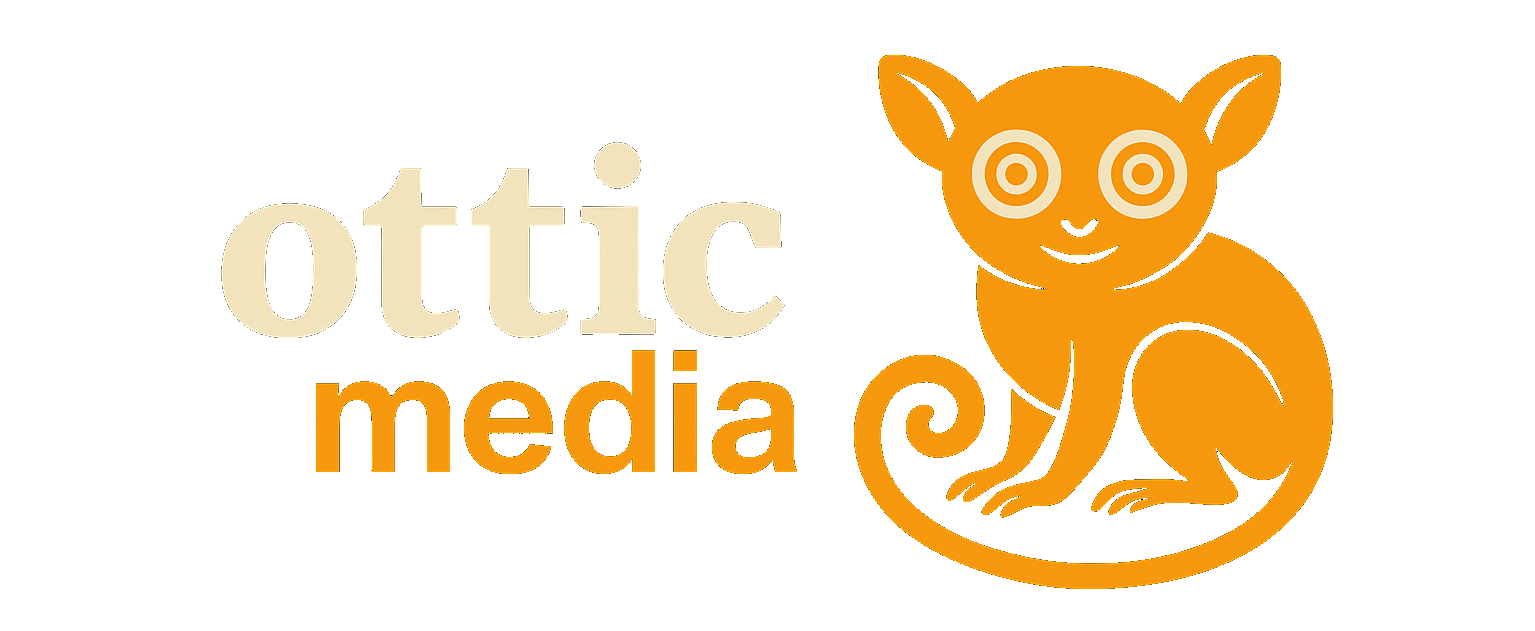Those Damn Crows’ latest plays like a travel diary written in riff language—a set of snapshots from a year of bigger stages and longer roads, framed by a band intent on scaling up without losing its pulse. The core tension is productive: arena ambition vs. hard-rock grit. Opener “Dancing With the Enemy” sets the brief with a moody synth haze that snaps into a spring-loaded chorus, guitars arriving like floodlights. It’s modern stadium rock that remembers to breathe, letting Shane Greenhall’s vocal climb before the band kicks the door in. “Glass Heart” follows with up-tempo sparkle, the kind of sugar-rush hook designed for car radios and muddy fields alike, even as the lyric’s self-doubt undercuts the shine.
Across the middle third, the Crows stretch their palette without wandering off brand. “Fake” pivots on a lilting, almost waltzing groove, strings swelling under a vocal that gnashes then relents; it’s drama in three minutes, proof they can do grand without going full rock-opera. “Dreaming” swings into unabashed AOR—rounded edges, chorus-first writing, a nostalgia tint that’s more deliberate craft than guilty pleasure. When the band sharpens its teeth, they do it with precision. “Let’s Go Psycho!” is all coiled muscle and quick-fire rhymes, the drums locked to a sawtooth riff; “No Surrender” thickens the low end and sprinkles industrial grit along the snare, a chest-beating refrain built to carry over pyro.
The rhythm section is the quiet protagonist of “Turn It Around” and “Spit & Choke.” The former flirts with metal-grade riffing before opening into gang-chant catharsis; the latter rides a QOTSA-leaning, motorik bass figure that keeps everything impatient and forward. Sequencing is smart: bursts of velocity are bracketed by songs that interrogate the why behind the roar. “The Night Train” unfurls with folkish restraint—acoustic fret squeak, piano in the peripheral vision—arranging the album’s recurring themes of distance, doubt, and grace into something lantern-lit and human. Closer “Still” dials everything back to wood and wire, a slow exhale that reframes strength as the ability to stay put, to witness.
Production leans glossy—keys and vocals often foregrounded, choruses built for maximum bloom—which will read as radio-ready polish to some and sanded edges to others. Yet the writing is consistently tighter than the band’s earlier work; bridges carry their weight, payoffs land, and the melodies hang around. If the Crows were once pigeonholed as “classic-ish rock you can mosh to and play to your parents,” God Shaped Hole argues for a broader, more self-aware identity: a Welsh juggernaut absorbing arena lessons on the fly, folding vulnerability into volume, and finding poise in the push-pull between catharsis and craft. Not every gamble hits with equal force, but the ratio of punches to feints is rising—and the view from this rung looks like the main stage.
